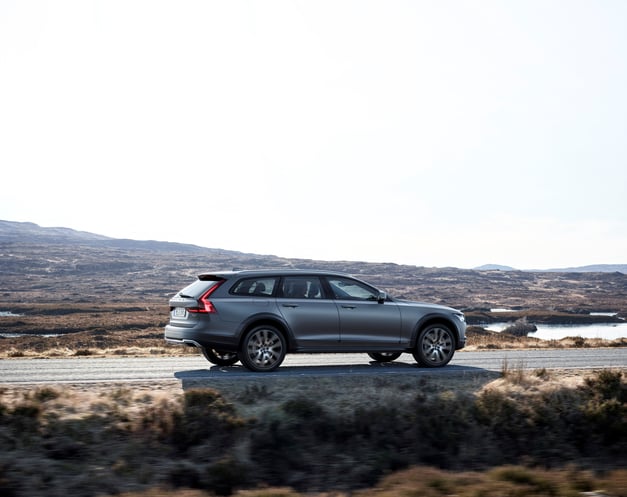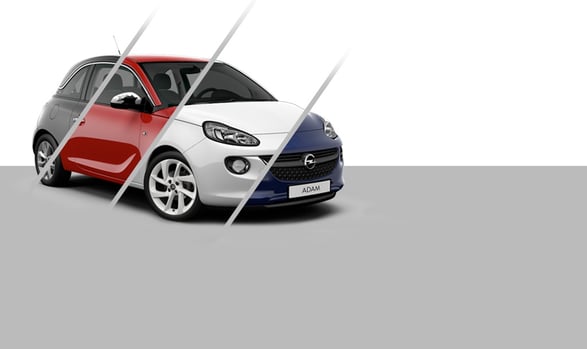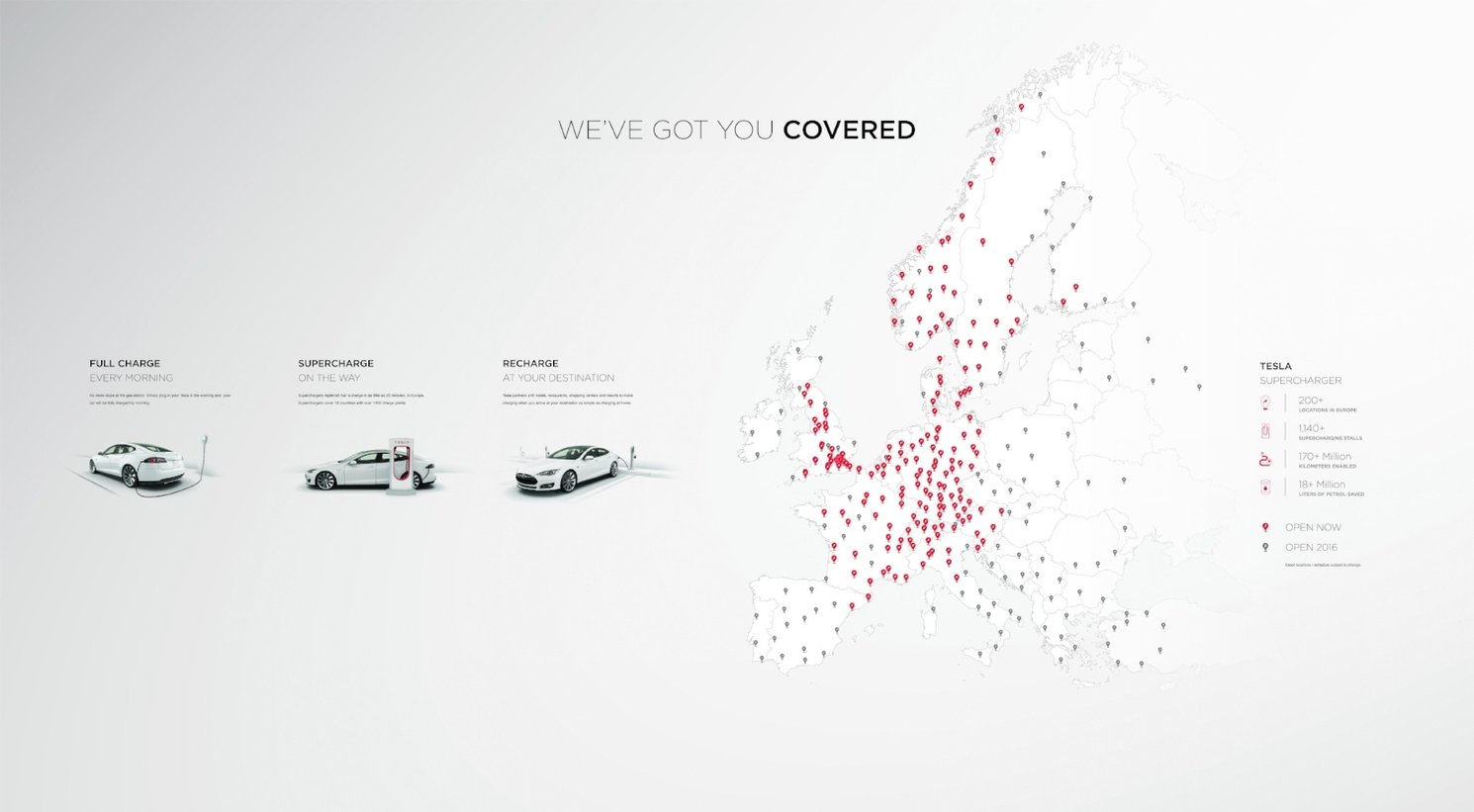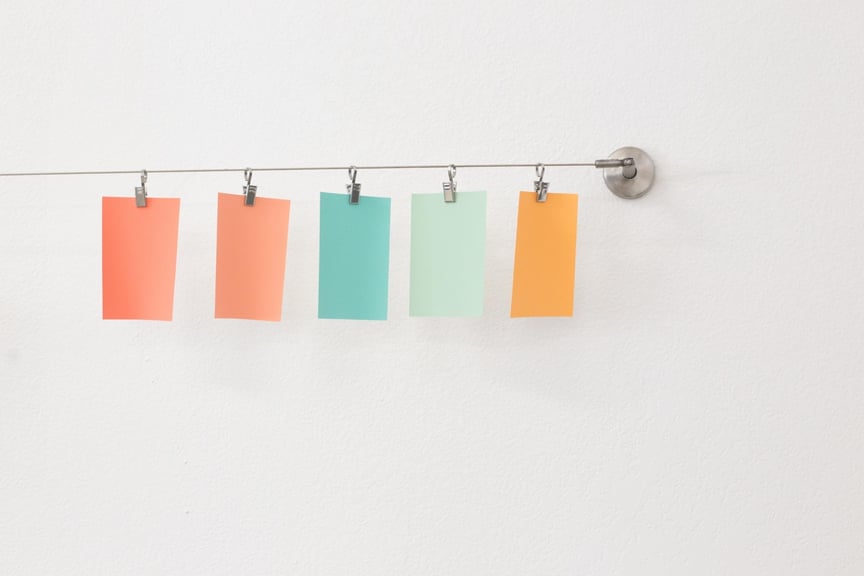Do you think Computer Generated Imagery (CGI) is restricted to Hollywood movies or cutting-edge product visualisations only? Well, that's no longer the case. Here are five reasons you should consider using CGI in your next campaign!
 Image courtesy of Volvo Car Group
Image courtesy of Volvo Car Group
Suppose you're a business owner or a marketer seeking the perfect images for a magazine, website, or video. In that case, the traditional recourse is to engage a production studio or a photographer for a photo shoot. While conventional photography will likely persist, businesses needing superior visual content now have an alternative option: CGI (Computer Generated Imagery).
You might still associate CGI with the magic of Hollywood alone. However, it's becoming more commonplace. For instance, 75% of images in IKEA's popular catalogue are now created using CGI rather than traditional photo shoots, and Mercedes utilises CGI throughout all its marketing and advertising initiatives. If you're not already capitalising on CGI in your campaigns, here are five reasons why you should:
CGI often costs less than a traditional photoshoot
One common misconception about CGI is that it's costly. Like everything else, it's all relative. Before, the standard approach to prepare for a product launch involved booking a photo or video shoot, which would yield high-quality images of the finished product. However, if the results were unsatisfactory, a re-shoot was in order, leading to increased costs and administrative effort. With CGI, re-shooting scenes is straightforward.

IKEA kitchen. Image retrieved from Wall Street Journal
For IKEA, traditionally, kitchen shoots were the costliest to set up. However, CGI has rendered shipping items from all corners of the globe obsolete to construct a pricey setup. Everything can be digitally created, making CGI a superior choice from environmental and cost perspectives. Essentially, CGI can substitute high-end photographers, large crews and set pieces, often at a fraction of the price.
Mass customisation
Cost isn't one of many considerations when contemplating CGI. Many industries are shifting towards more frequent, global product releases with more customised products and design options. For example, the new Opel Adam has more than 100,000 potential design combinations. Nike's Nike-id also has a similar amount of options. These trends make it virtually impossible to photograph every product, feature and variation for a global campaign using traditional methods.

Image courtesy of Opel
Unleash creative Freedom
How can you reveal a product's robust features via a snapshot of the exterior? How could you showcase a product if there were no limitations? For instance, Tesla has leveraged CGI to create interactive simulations online to address the range of anxieties about electric cars. The scope of what CGI can depict is only limited by your creativity. CGI can narrate an engrossing novella if a picture paints a thousand words.

Image courtesy of Tesla Motors
CGI - Potentially better than reality
CGI bypasses the need for a vast production team and isn't free of location, weather, and other conditions. Everything can be managed virtually. With CGI, you can make the sun shine for as long as you desire. The product's lighting, materials, and location aspects can also be fine-tuned or switched up imoment'sdiaely. The Danish jeweller, Pandora, capitalised on this feature in their recent Rose campaign, with all shoots being entirely CGI-based.

Image courtesy of Pandora
Delivering the right media at the right time
In the past decade, how media is distributed and consumed has completely transformed. Modern creative teams grapple with optimising and distributing content across an ever-growing list of channels and devices. Smartphones, tablets and televisions all provide unique viewing experiences. A digital portfolio powered by CGI simplifies the task for marketers, ensuring that customers get the right media for the right device in the right format throughout their journey.
Zooma is an expert in 3D/CGI with more than 15 years of experience in the field. Would you like to know how 3D/CGI can add value to your next campaign?

.jpg?width=64&height=64&name=Nils-Munk-Wirell-Zooma-16%20(1).jpg)




 Image courtesy of
Image courtesy of 



